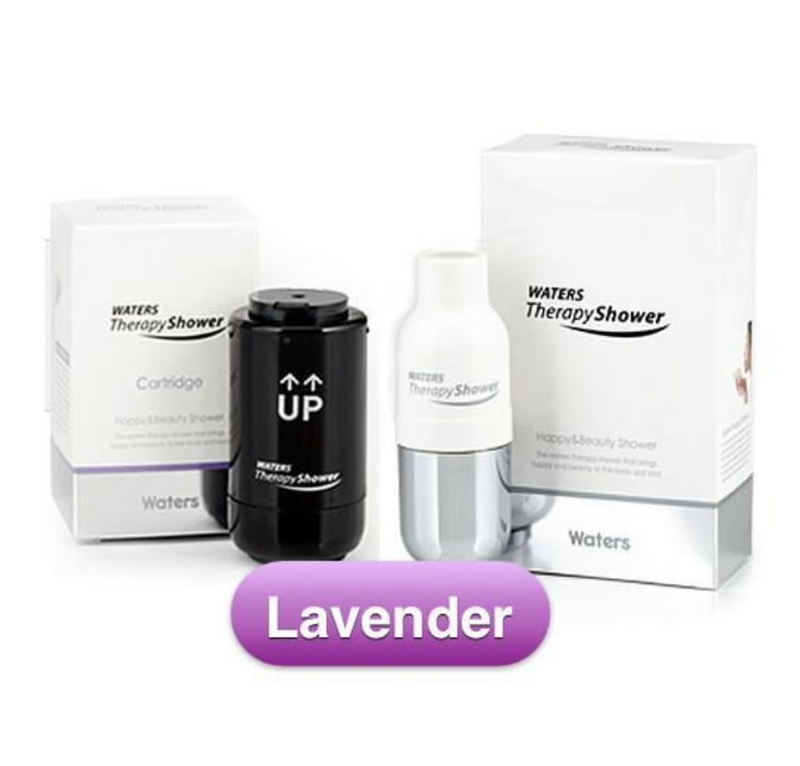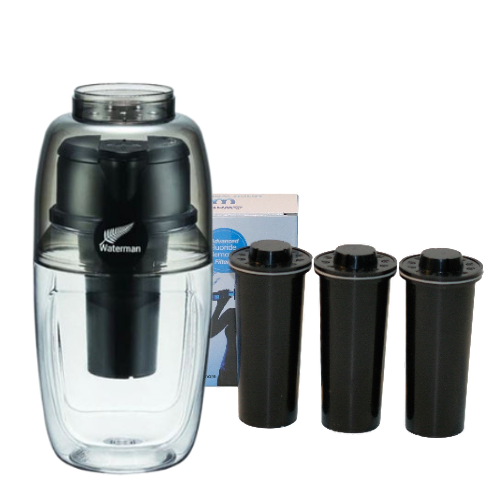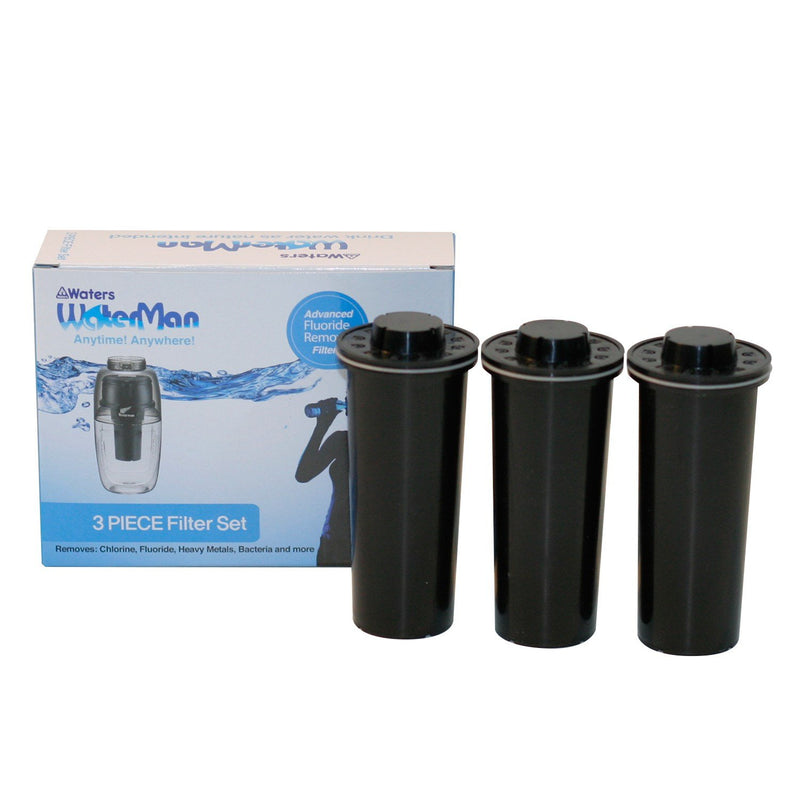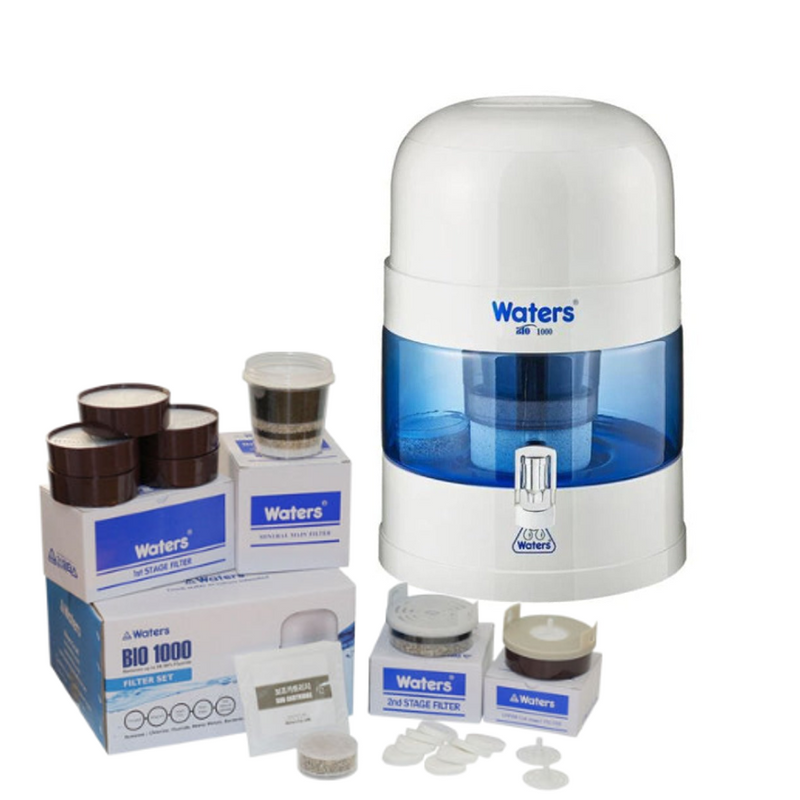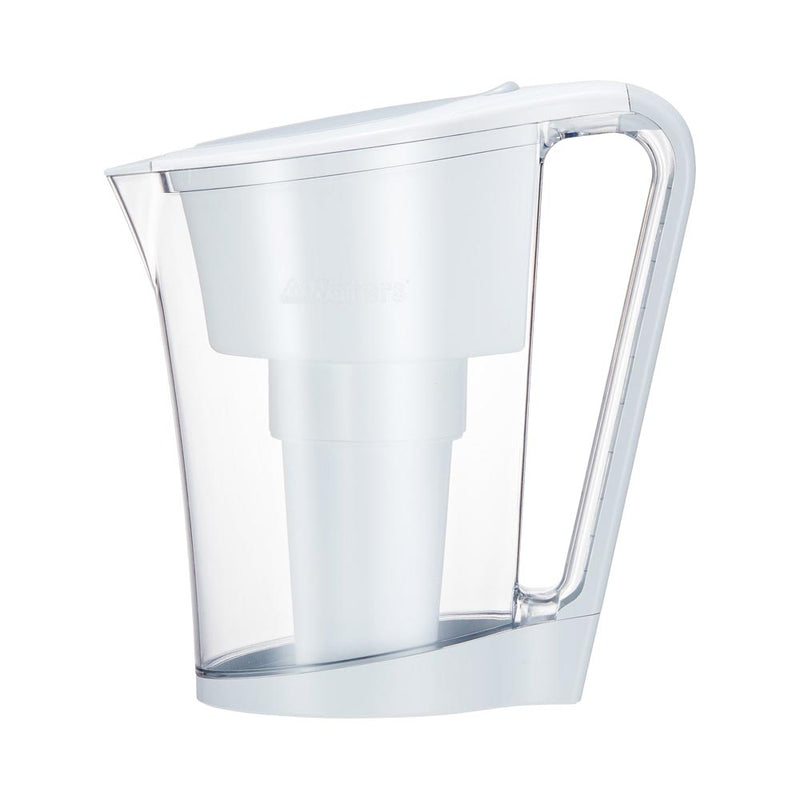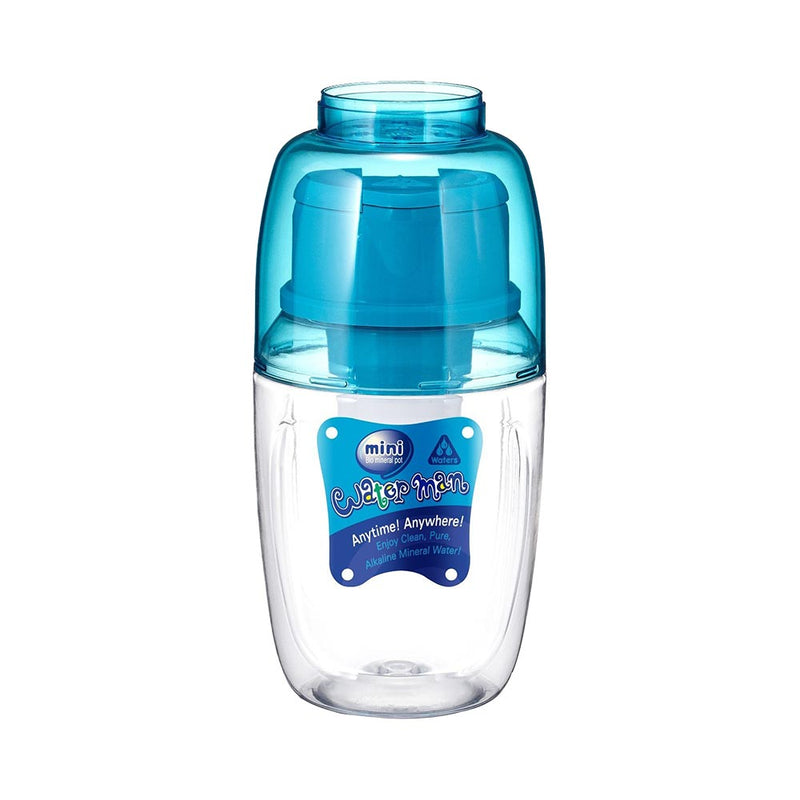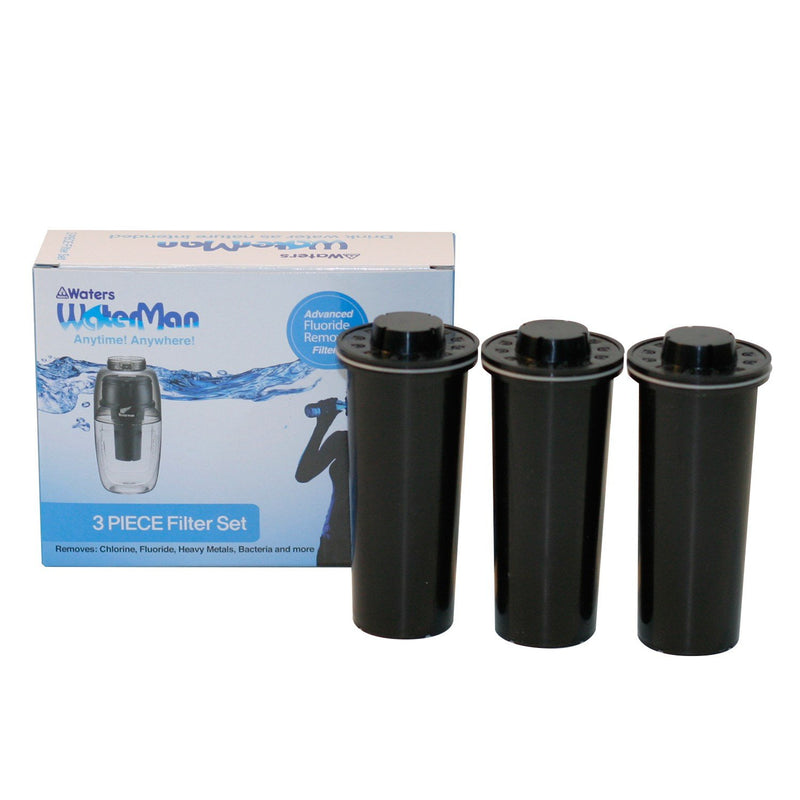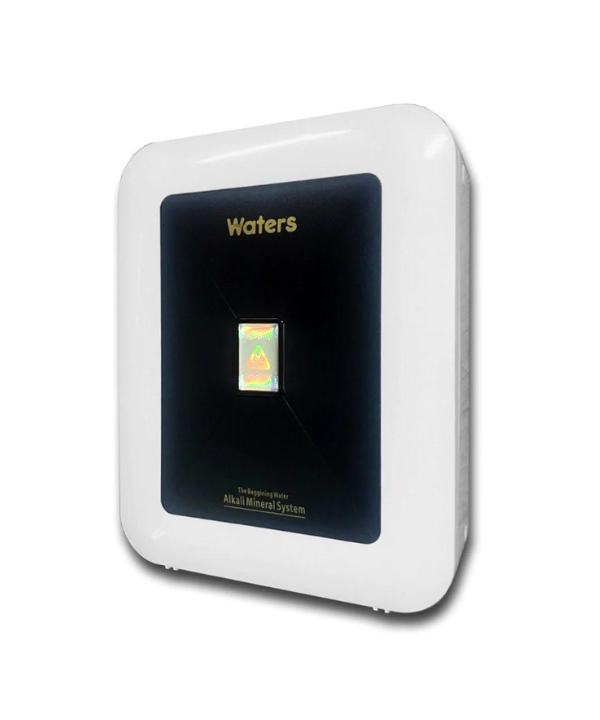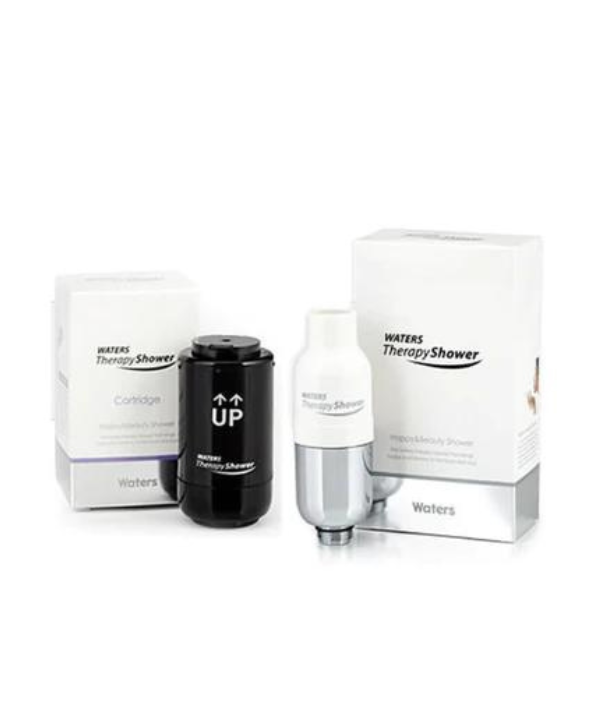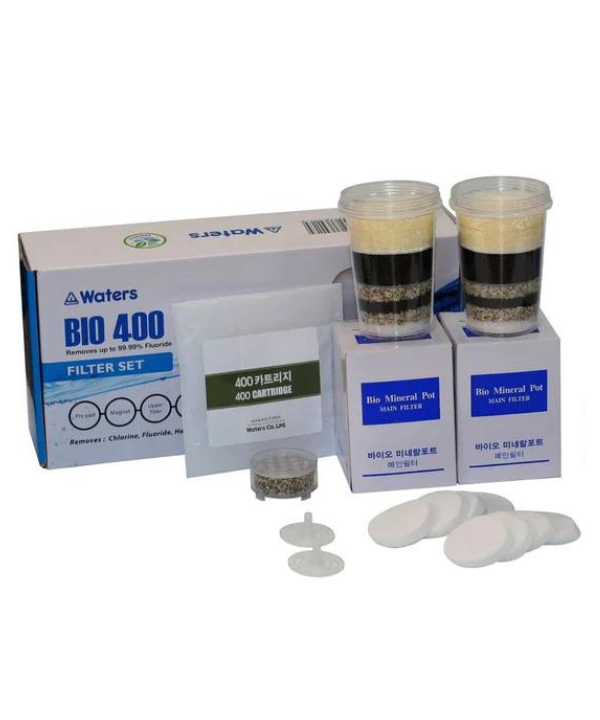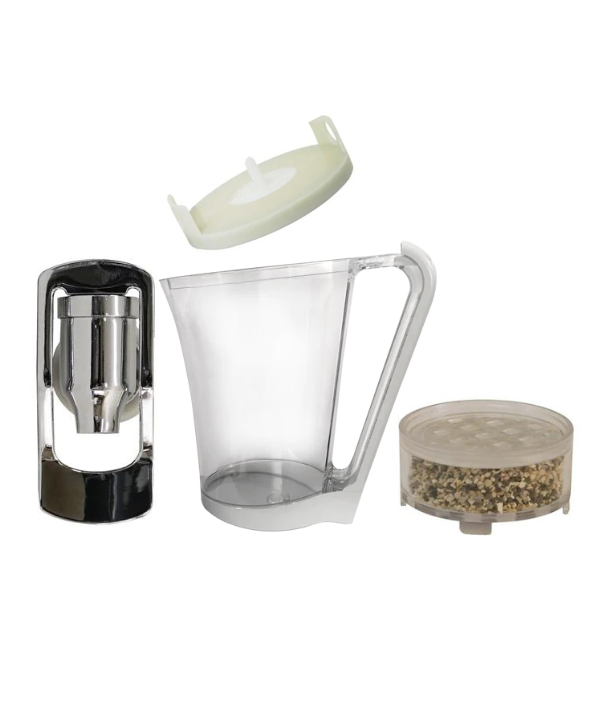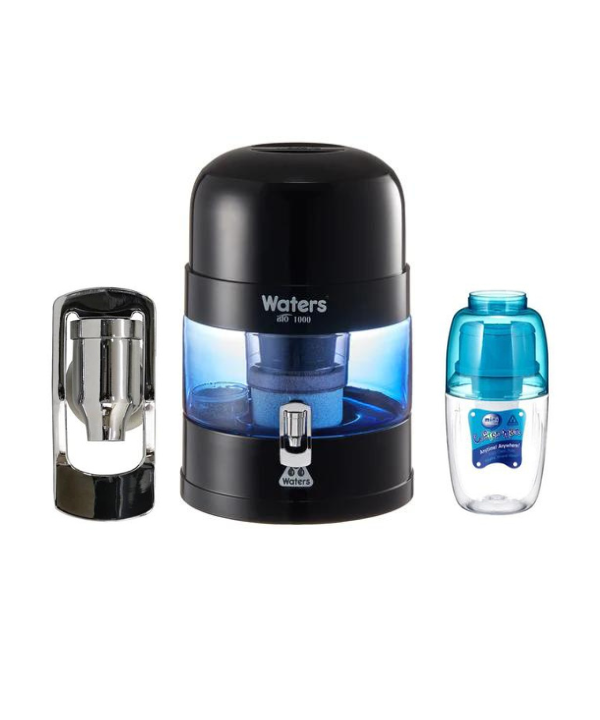Debunking Common Drinking Water Myths
How much water should you really drink per day? Is bottled water really safer? In this post, we separate water drinking facts from fiction.
Myth#1 Everyone needs eight cups of water each day
Most sources recommend drinking six to eight cups of water per day. Although water is essential for life, the 8x8 cups recommendation is arbitrary. We all have varying weights, heights and physical build. Aside from these physical differences, we also have different activity levels and environments. Because of these factors, the amount of water we need each day will also vary. Not everyone requires exactly 8 cups of water each day.
It can also be difficult to religiously comply with the 8x8 guideline each day. As we go about our daily schedules and deal with unforeseen events, we can forget to drink water regularly. On a typical day, most people might only drink four cups of water. Many people struggle with even this due to an aversion to the taste and smell of tap water.
You can still can plenty of fluids from other sources, including beverages like tea or shake, which also count toward your 8x8 per day.
Consuming water-rich fruit and vegetables can also help you stay hydrated. Some fruit and vegetables are made up of about 80% water.
Examples of water-rich food sources include:
- Tomatoes
- Apples
- Watermelon
- Peaches
- Cucumber
- Celery
- Lettuce
Aside from the challenges of drinking exactly 8 cups of clear water each day, we also lose quite a bit of water with no internal mechanism for storing excess water, much less replenishing lost fluids short of drinking more of it.
While it's not clear where the "8 cups of water each day" recommendation comes from, Nutrition and Dietetics Program at the University of New Haven Director Georgia Chavent, MS, RD believes that it originated from the old recommended daily allowance (RDA ) that matched water requirements with calorie requirements. Newer recommendations are more lenient, which take total beverage consumption and not just water into consideration.
Myth#2 Drinking water helps flush toxins from your body
Water itself doesn't necessarily neutralise toxins. However, our kidneys use water to expel certain waste products from the body. This means that if you don't drink enough water, it's possible that your kidneys won't have enough fluid to function properly. Amy Hess-Fischl, RD, CDE, of the Kovler Diabetes Center University of Chicago says that if the body doesn't have sufficient water, these metabolic wastes can't be eliminated as efficiently.
Myth#3 You only get dehydrated when you sweat a lot
You may sweat a lot during unusually hot days. You can lose fluids when exercising, walking or staying inside your home. A combination of high temperatures and strenuous physical activities can make you lose lots of water.
However, perspiration isn't the only way you lose water. According to experts, our bodies can exhale up to 400mL of fluids per day through breathing. This can be much higher if we're physically active or if we're in an abnormally warm environment.

We can also lose water in cold weather, or in indoor settings where the air conditioner is in a high or maximum setting.
That's why it's important to stay hydrated even when we're not sweating or exerting ourselves. Don't wait until you're feeling thirsty or dehydrated. Make sure to drink plenty of fluids to replace any fluids your body loses throughout the day.
No matter the weather or activity level for the day, drinking enough water can help you feel your best. Proper hydration can help you feel more comfortable and mentally focused since your body will function well.
Myth#4 Bottled water is cleaner and safer than tap water
Bottled water can go through complex purification processes and has been cleverly marketed to convince so many consumers to think it's the safer option for staying hydrated. But it's not necessarily superior to tap water in terms of safety.
There are certain risks related to drinking from single use plastic bottles. For example, chemicals and microplastics can leach into the water you drink under certain conditions, like extreme heat or vigorous shaking. Additionally micro plastics have been found in the majority of brands tested adding further weight to the argument that bottled water is not the clean healthy option we're led to believe.
Tap water in most places in Australia is generally safe to drink from a biological perspective. Local water agencies ensure the safety and cleanliness of public water supplies through disinfection and regular quality testing. However, the process of treatment adds undesirable chemicals to the water which can in turn have an impact on your long term health.
An affordable and high-quality water filter can help you improve the quality of tap water and make it easier to get adequate hydration. Waters Co offers a range of water filter systems including filter jugs, bench top filters, portable, shower and under sink. The alkaline water produced includes bio-organic essential minerals Browse our store for water filter jugs, bench top filters and more.


